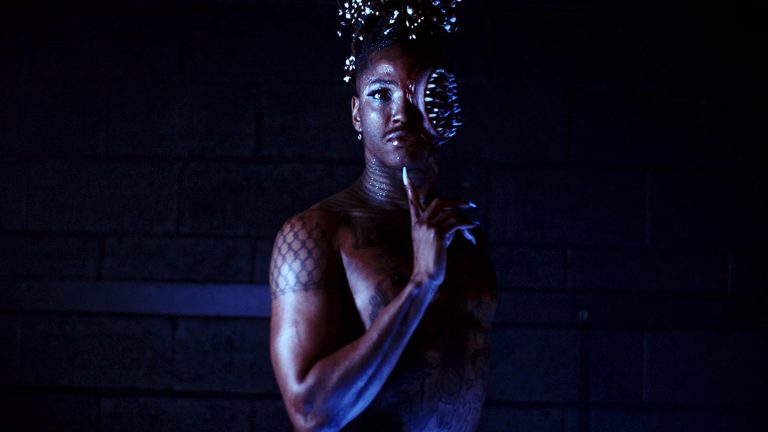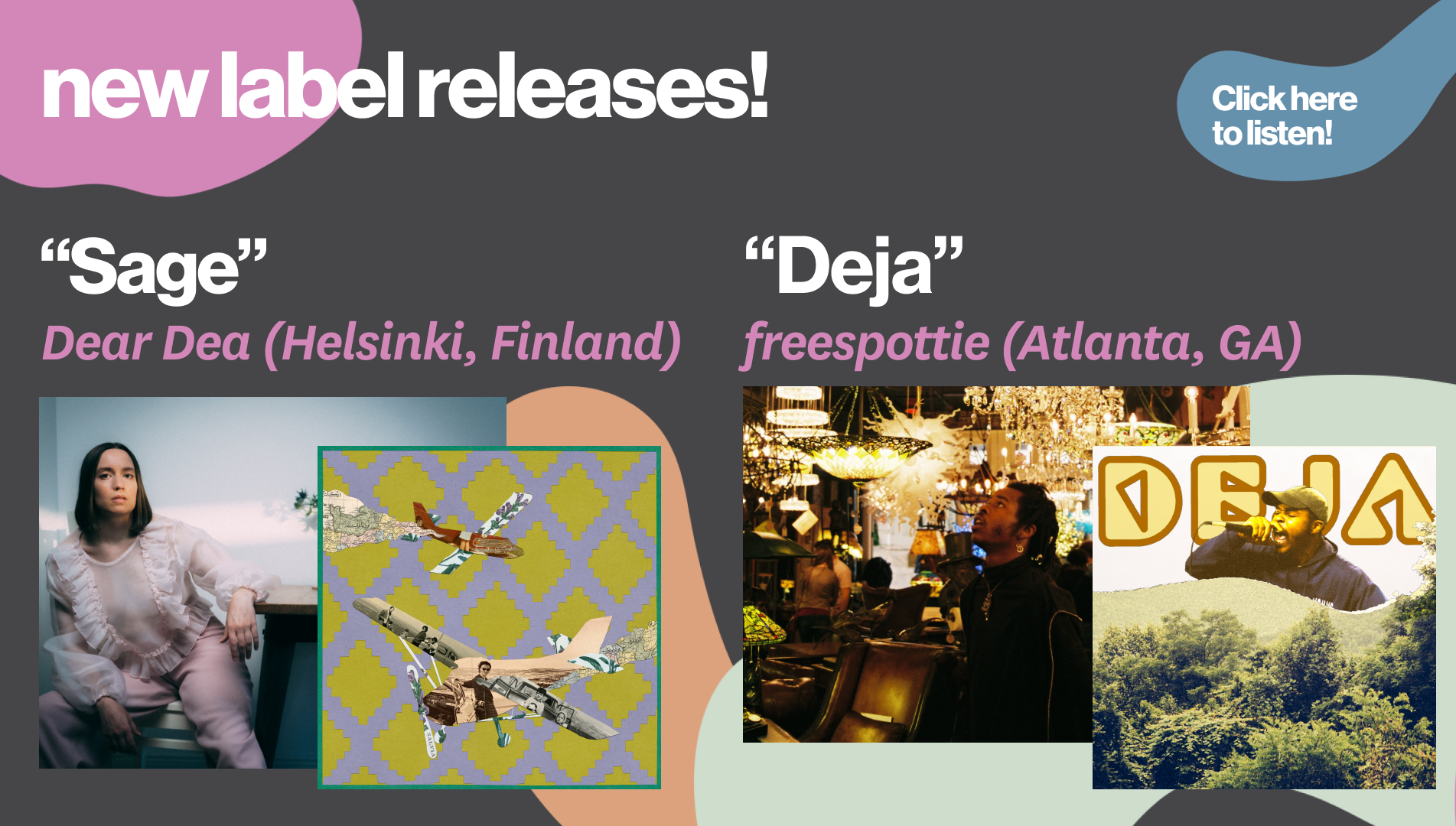In its limited run of four seasons, Kath and Kim grew from a simple Aussie cult television comedy to a fully-fledged national darling. Catchphrases became ingrained in the nation’s vernacular—most notably Kath’s “Look at moi, look at moi,” which is embarrassingly difficult to transcribe phonetically. To this day, no one has even come close to accurately imitating her ultimately inimitable persona, but everyone from Kylie Minogue to The Wiggles—national darlings themselves—have put their hands up to cameo as guest stars and try, nonetheless.
However, for all the love it received and still receives to this day, it remains something of an insular entity. Jokes quoted to anyone not from Australia inevitably fall on deaf ears, and an American remake starring Selma Blair and Molly Shannon was widely panned, with audiences more relieved than disappointed after its unceremonious cancellation following one lackluster season.
With this in mind, Jungle Breed were apt to use a throwaway line from a quick scene from season two as the name of their sophomore album, Wynona, Paloma, Papilloma. It basks in its Australian nature and unashamedly flaunts it, uncaring of the opinion of outsiders. If you imagine an album by The Go-Betweens had a baby with an album by Courtney Barnett—and in a strange twist of fate, Paul Kelly somehow found himself raising this monstrous baby-album hybrid—you’d be well on the way to having an idea of the Jungle Breed sound. Jangly and warm with a sharp incisiveness. Of course, if the moral implications of that hypothetical situation terrify you, feel free to imagine something more palatable—like a vegemite sandwich or Crocodile Dundee smiling politely.
That’s not to say this album is impenetrably Australian nor inaccessible to outsiders. The amount of local references found within the lyrics aren’t insurmountable, but instead makes you feel as if they are welcoming you in on an inside joke that only a select few understand.
Jungle Breed takes you by the hand and leads you through the minutiae and idiosyncratic details of inner-city Melbourne life in a way that isn’t confronting or confusing. The clean streets of suburbia, with their comfort and warmth, give way to unfamiliar ones scrawled with graffiti and laden with financial stresses. We dazedly drift between the two, exploring the intrinsic anxieties and complexities of each. In another life, Jungle Breed could just as easily be tour guides zooming through the northern suburbs on segways or museum curators in a local Australian art gallery. Thankfully for us, they chose to be musicians.
In a move reminiscent of The Stone Roses’ “I Wanna Be Adored,” the album opens with the thrum of a thudding bassline, beckoning us to enter. The song in question, “Machiavellian,” has bassist Angela Kinna sigh, “My life feels like a low-budget play,” but fortunately, the song doesn’t feel the same way. Jangling guitar riffs and honey-eyed harmonies slide in to sigh with her, which all eventually culminate in a swirling climax. Come to think of it, the wholesome jaunt of the bouncy piano lines that chime in wouldn’t be out of place in a primary school theatre production but don’t tell Kinna that.
In any case, it’s a toe-tappingly bright introduction to this current evolution of Jungle Breed, one that shows their growth from their first album, 2020’s buoyant Lennox. Those who managed to snag a copy of its limited release and still hold it dear to their heart needn’t worry; they’re still playing their familiar sound of slacker-rock bedroom pop. They’ve just taken their baggy overalls to the laundrette and moved to a sharedhouse where the bedrooms have more natural light and better feng shui. Metaphorically speaking, that is.
Lo-fi elements of DIY indie rock, or as Australians call it, ‘‘dolewave,’’ are found consistently throughout Wynona, Paloma, Papilloma, from the uproarious gang vocals of “Slugs” to the eerie synths of “Elvis” that would feel sinister if they didn’t drip with such kitschy quirkiness.
Guitarist Lincoln Healy “gives cheers to the king’s demise” in the aforementioned ode to the King of Rock and accompanies us as we wonder why an honorary grave to a man born in Mississippi was erected in a local Melbourne cemetery. It truly is anyone’s guess, and a quick Google search will confirm that a symbolic memorial headstone does, indeed, exist. It’s absurd but a good song nonetheless, so the beguiling municipal decision is easily forgiven.
The album careens from track to track, propelled by rolling walls of wailing guitars, sing-along choruses, and celebrity guest appearances. Actress Rose Byrne, specifically her starring role in 1999 crime classic Two Hands, is lovingly namedropped, and so, too, is the prime minister in the scathing track “Cricket Men in Kirribilli.” Unsurprisingly, the head of the nation mention isn’t with nearly as much adoration, but Jungle Breed makes a point to show their capacity for tenderness. Penultimate track, “Rockabeare Park,” contains the heart-breaking line, “You know me like no one else does, it scares me to know that,” which would bring a tear to my eye if I wasn’t so tough, of course.
Jungle Breed are here for a good time but not at the expense of sincerity, with Wynona, Paloma, Papilloma being wistfully thought-provoking at times and endearingly sweet at others. It perhaps could be summarised best with another oft-quoted line from an early episode of Kath and Kim, “It’s nice, it’s different, it’s unusual.”






